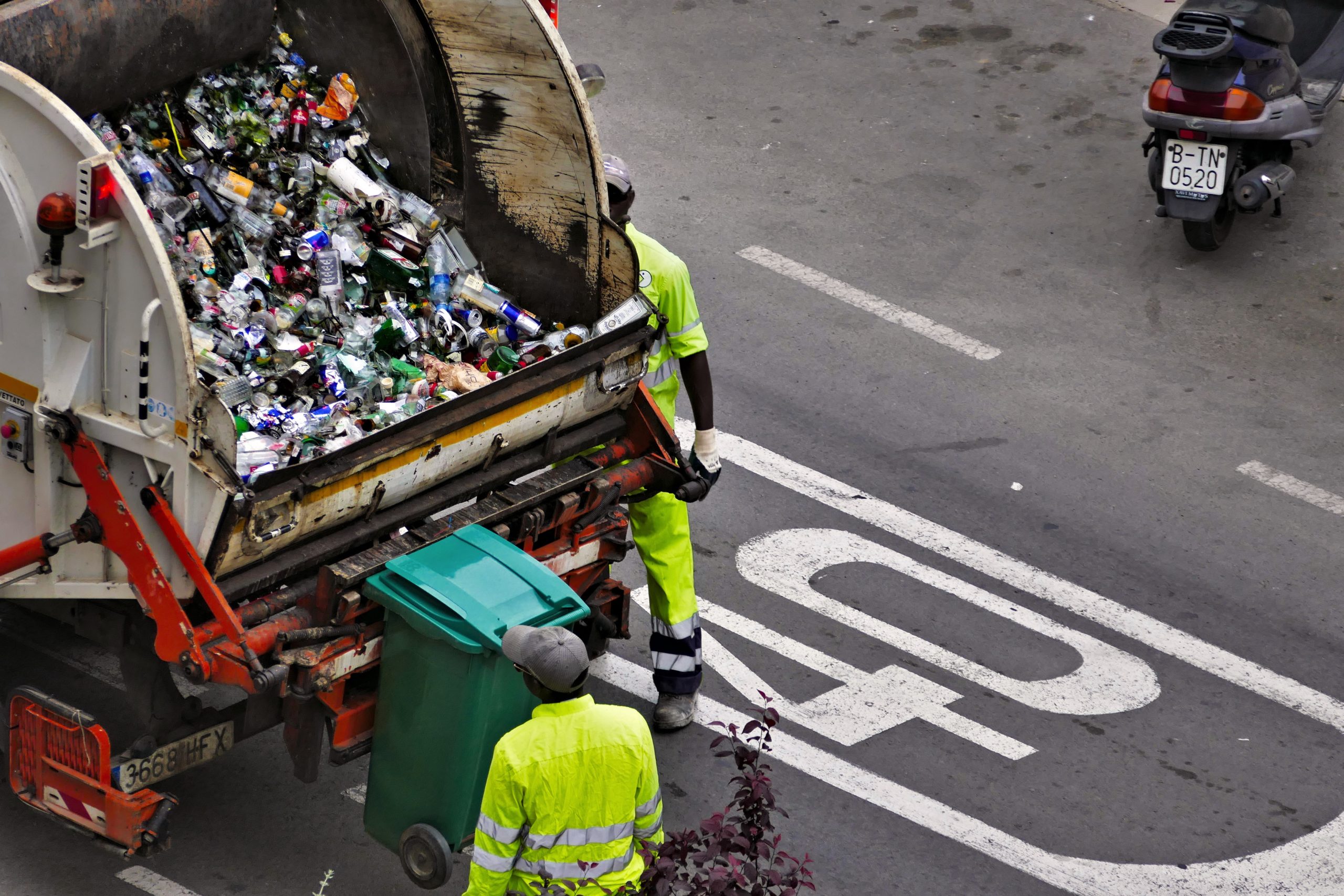Waste management has become a significant challenge in recent times, with the global population growing at an unprecedented rate. The conventional waste management methods, which primarily involved landfilling and incineration, are no longer sustainable, and new innovations and trends are emerging to address this issue. This article explores the future of waste management and the innovations and trends that are shaping it.
Introduction
The global waste generation is expected to reach 3.4 billion tonnes by 2050, which is three times the amount generated in 2010. This increase is primarily due to the rising population, urbanization, and changing lifestyles. The traditional waste management methods are no longer sustainable, and new innovative technologies are being developed to reduce the impact of waste on the environment.
Waste Reduction and Recycling
According to JustHire Bedfordshire, the first step towards sustainable waste management is waste reduction. By reducing the amount of waste generated, we can reduce the pressure on landfills and incinerators. Recycling is another critical aspect of sustainable waste management. Recycling reduces the need for virgin materials and conserves natural resources. In recent years, there has been a significant increase in the use of recycled materials. Governments and private companies are investing in recycling facilities to reduce the amount of waste sent to landfills.
Waste-to-Energy Technologies
Waste-to-energy technologies are emerging as a promising solution to reduce the amount of waste sent to landfills. These technologies convert waste into energy, which can be used to generate electricity or heat. Waste-to-energy technologies include incineration, gasification, and pyrolysis. Incineration is the most common waste-to-energy technology, but it is also the most controversial due to the emissions it produces. Gasification and pyrolysis are more environmentally friendly waste-to-energy technologies, and they are gaining popularity in recent years.
Biodegradable Plastics
Plastics are one of the most significant contributors to the waste problem. Biodegradable plastics are emerging as a promising solution to reduce the impact of plastic waste on the environment. Biodegradable plastics are made from natural materials and can be decomposed by microorganisms in the environment. Biodegradable plastics can also be recycled, which reduces the need for virgin materials. Governments and private companies are investing in the research and development of biodegradable plastics to reduce the impact of plastic waste on the environment.
Smart Waste Management
Smart waste management involves the use of technology to improve waste management practices. Smart waste management systems use sensors, data analytics, and artificial intelligence to optimize waste collection and disposal. These systems can monitor waste levels, detect bin overflow, and optimize collection routes. Smart waste management systems can also reduce the carbon footprint of waste collection by reducing the number of collection trips.
Circular Economy
The circular economy is an economic system that aims to eliminate waste and promote the use of resources. The circular economy involves designing products and materials to be reused, repaired, or recycled. The circular economy also promotes the use of renewable resources and the reduction of waste generation. The circular economy is gaining popularity in recent years, and many governments and private companies are adopting circular economy principles in their waste management practices.
Conclusion
The future of waste management is promising, with new innovations and trends emerging to address the waste problem. Waste reduction and recycling, waste-to-energy technologies, biodegradable plastics, smart waste management, and the circular economy are some of the most promising solutions. Governments and private companies must invest in these solutions to ensure sustainable waste management practices in the future.

